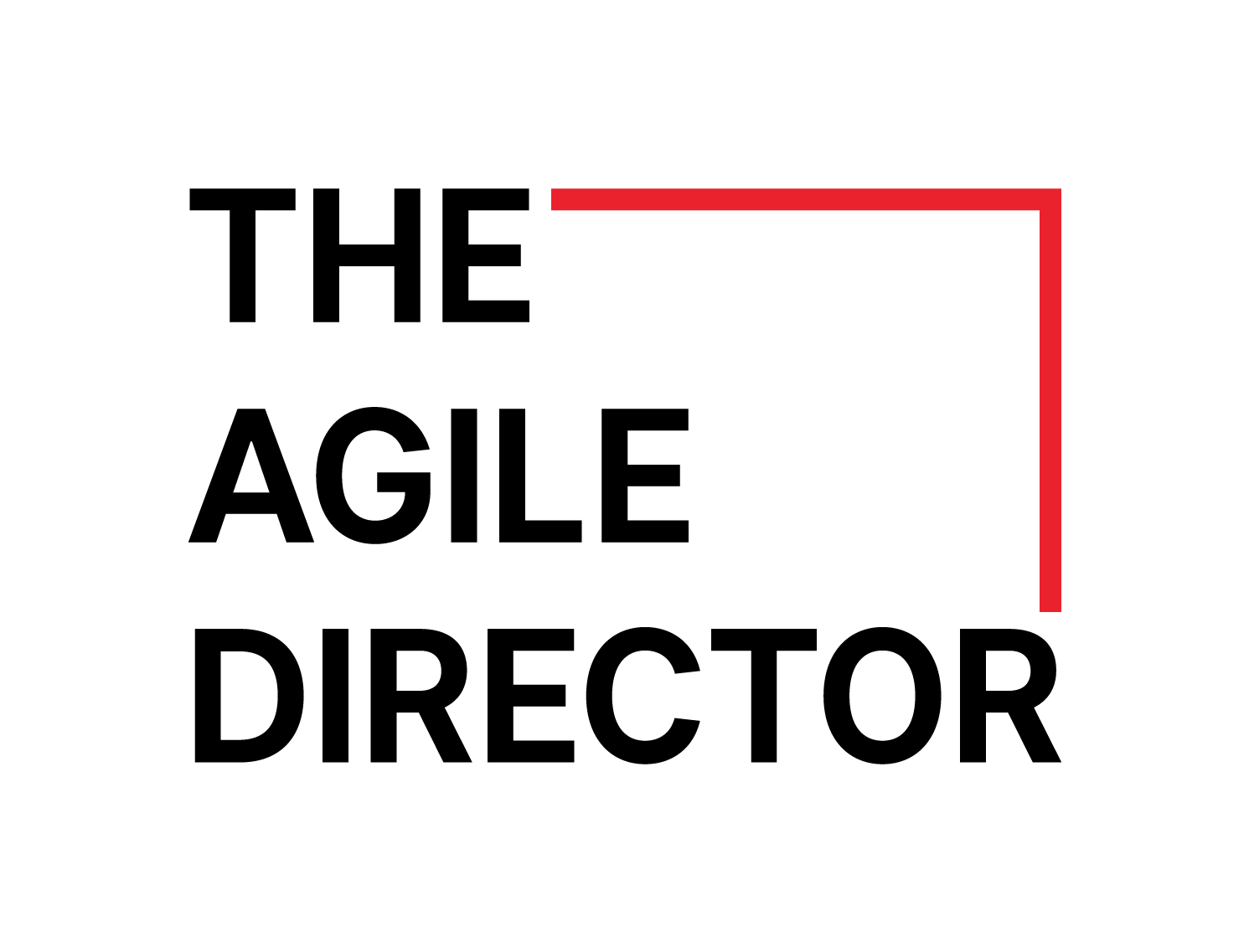Associations need to do better on governance: ‘we don’t have this right’ says expert
With the COVID-19 situation highlighting governance gaps in industries from aged care to travel, one expert says “It’s time to think differently about association governance”.

According to association governance expert Damian Mitsch, membership associations have largely flown under the radar of recent governance scrutiny, and often lack the regulatory oversight that is in place across other types of organisations.
“There’s a very urgent and compelling case to be made for introducing board training for association directors. At best, this will introduce good governance practices which will benefit individuals, the organisations and their members. In the very least it will ensure that directors understand what their role on the board should be and can decide whether it’s something they want to pursue,” he said.
Damian has become known as an association governance guy – partly because of his experience – but also because he’s said, “we don’t have this right”.
“I’ve been prepared to say that in associations we need to do better on governance,” he said. “Unfortunately, not enough people are knowledgeable about good governance and that can make implementing good practice in associations an uphill battle.”
What’s at the root of governance problems in associations?
Behind much of Damian’s view of association boards are directors who are essentially what he calls ‘subject matter experts’, without any of the skills or training required to do a good job as a director on a board.
“In a recent conversation with a health professional they suggested that often the best directors are those without any director education. If I said that about their profession, they’d think I’d gone mad. I struggle with the idea that people think anybody can be a good director.”
“When this is the case, association executives are dealing with a board that are professionals at what they do, but are amateur directors. They often don’t understand that they’re lacking the skills required to do the job – or even what the job should look like – and that introduces a different view of how to govern.”
Damian is careful to say that there are some great association directors out there, but we need to raise the bar generally so we have more skilled board members and less ‘well-intentioned amateurs’.
Damian was complimentary of the passion and purpose that brings association directors to the boardroom, but proposes that the pathway is flawed.
“Association directors, as professionals in their field, have lots of passion and it’s well intended but sometimes it’s at the wrong level. They want to remain immersed in the detail of the work – but this is more the job of a functional committee than a board. The problem is that if they’ve enjoyed committee work, their next step is seen as the boardroom – it’s viewed as a linear path, rather than a disparate path, and this is a problem.”
How can associations address the good governance gap?
Damian asserts that associations must think differently about how to approach governance.
“In the past 20 years there has been some positive change. Back then it wasn’t uncommon for associations to have CEOs who’d started as a secretary, moved to become office manager and then look after finances before moving into the top job,” he said.
“Now, we have a cohort of professional CEOs who are postgraduate qualified and are doing a great job. However, the flawed pathway to the boardroom still exists and it means the relationship between board and executive often doesn’t meet the current expectation for good practice. The situation has reversed – we have some very skilled association executives who are having to manage with amateur directors.”
“There has been a lot of focus on governance of charitable and private sectors, but very little of industry bodies and associations…yet we touch every part of Australia. There’s an association for everyone, but no one is holding them to account.”
“There needs to be a national conversation. Some associations are doing great work running good governance models but the problem again is that there are some very good CEOs facing off against inexperienced and ill-equipped directors.”
For tips on what good governance looks like and how to get started, read our article Why Governance Matters and how to get started
Read about how GGI is addressing the undertraining of boards and directors.
Dive right in and start your governance training with GGI.
